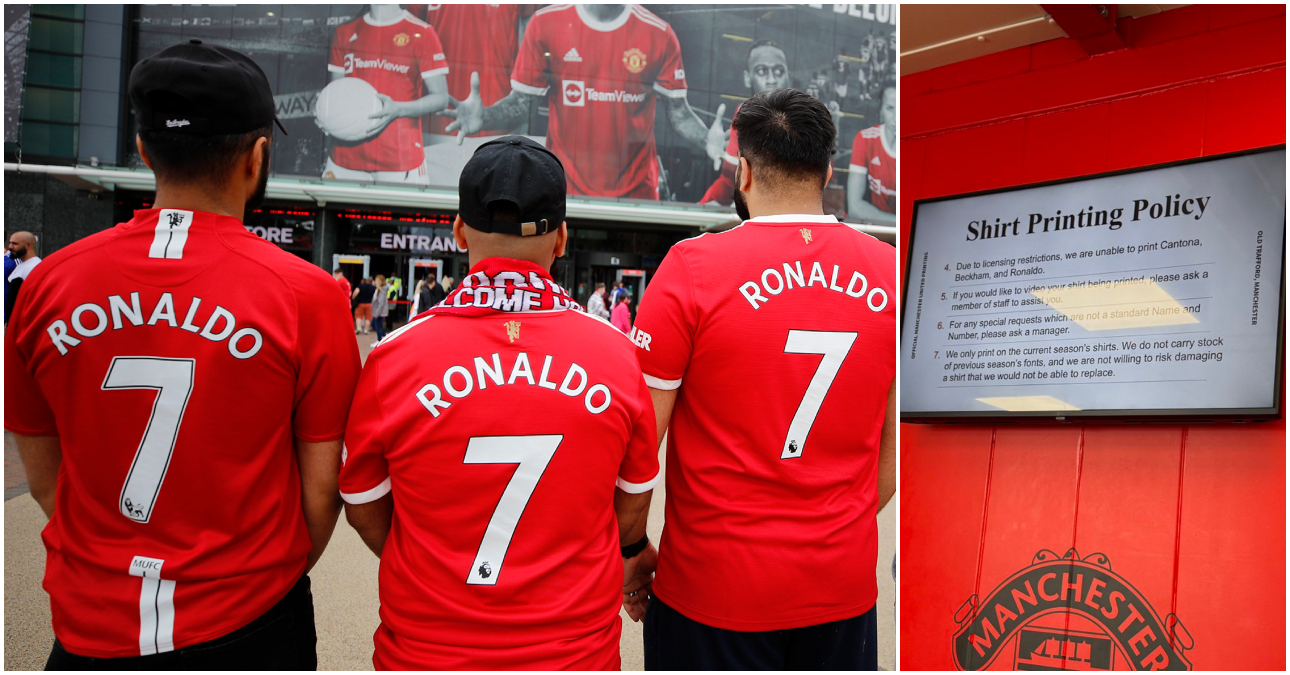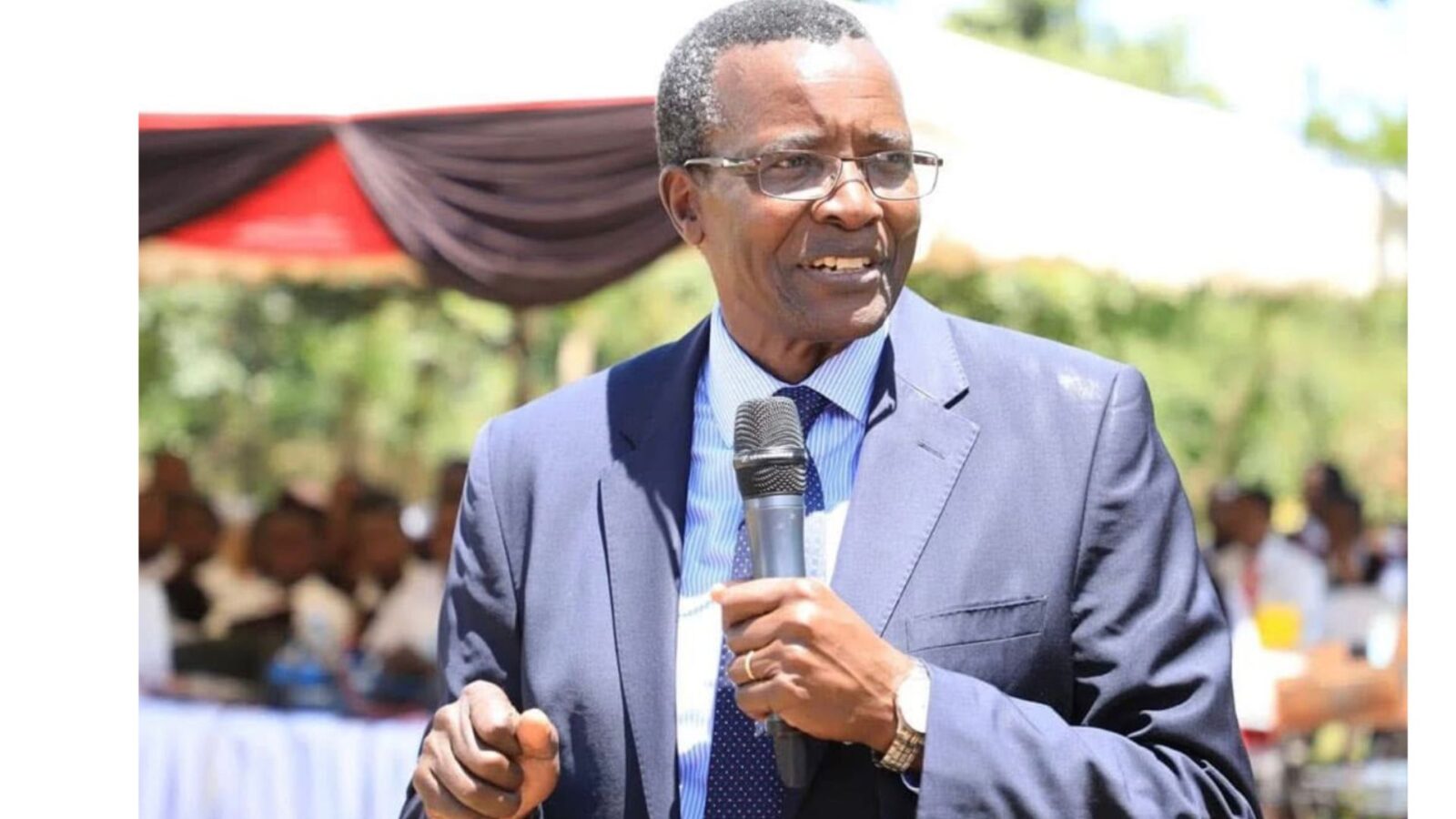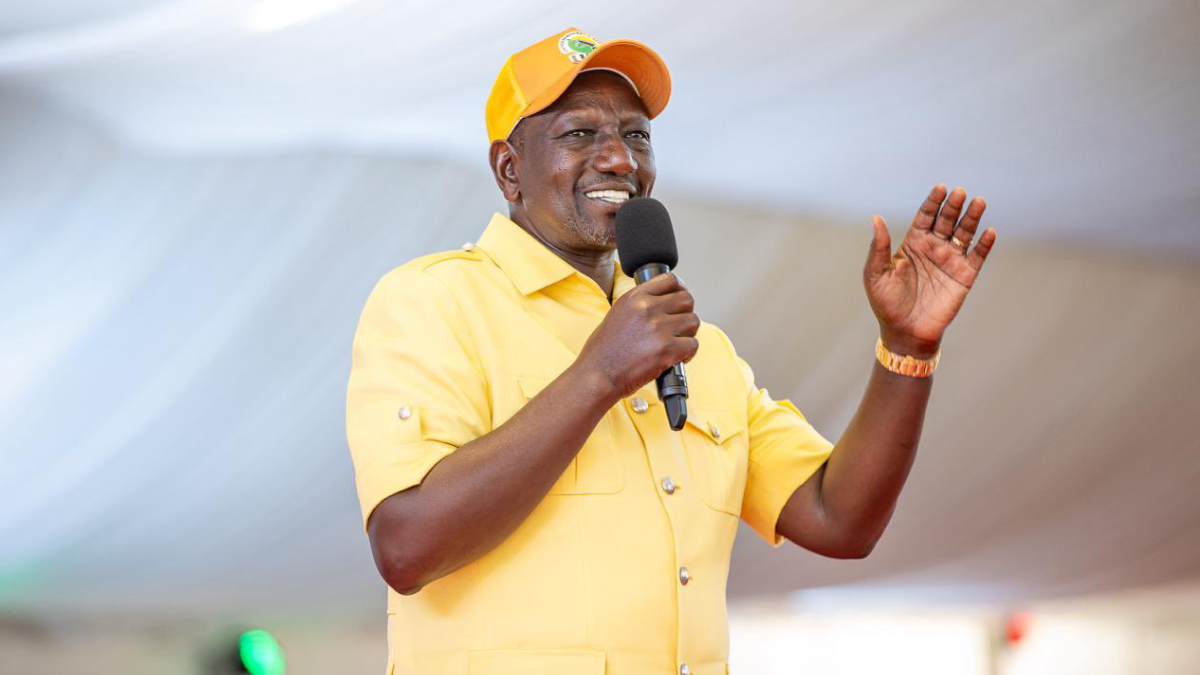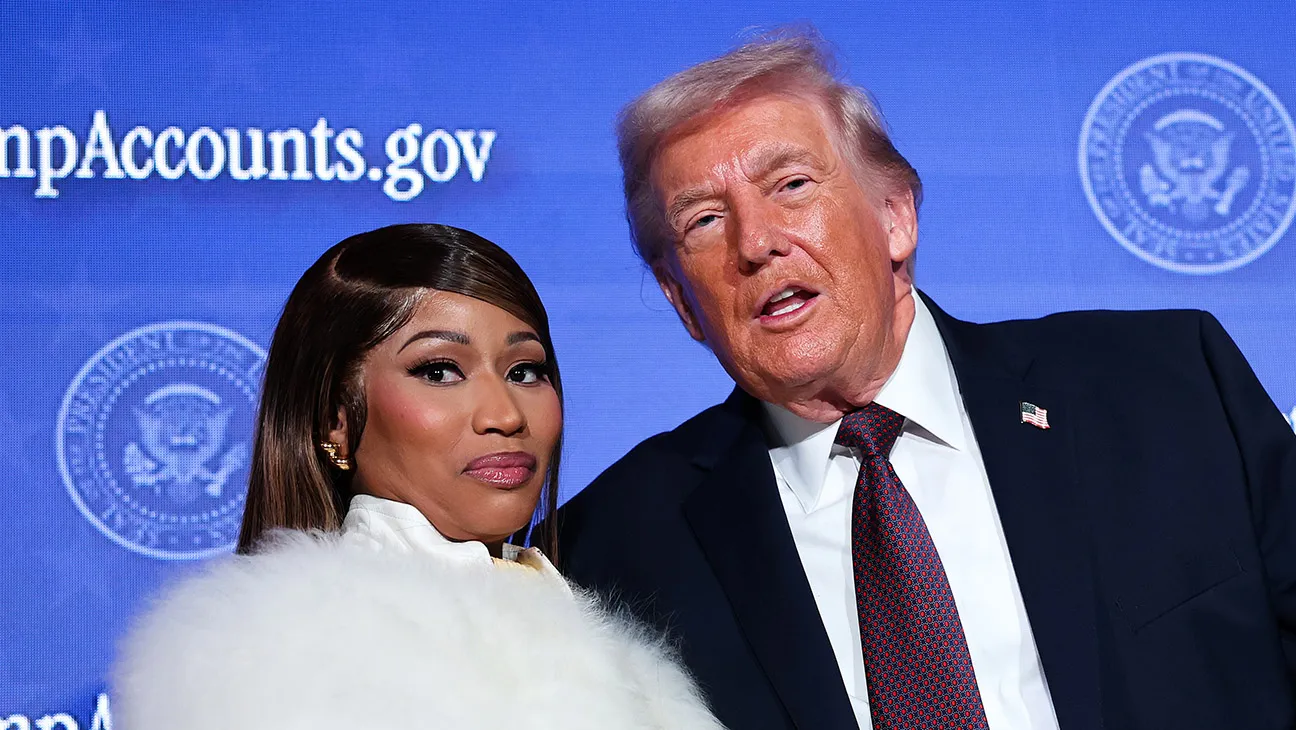Manchester United’s new 2025-26 season kits are stirring controversy among the club’s fervent fanbase, not for their design, but for a surprising restriction at the official megastore at Old Trafford: the inability to print the names of club legends Eric Cantona, David Beckham, or Cristiano Ronaldo.
This unexpected policy has ignited a fierce debate, with many supporters viewing it as a disrespectful slight to three of the most iconic figures in the club’s rich history.
The issue came to light when fan Simon Lloyd discovered a sign inside the official store explaining the restriction.
According to a statement given to The Sun, the prohibition is due to an internal licensing policy that demands explicit authorization for the use of these particular legends’ names.
This bureaucratic hurdle has rapidly fueled frustration among the loyal Old Trafford faithful.
For Cristiano Ronaldo, this new development adds another layer to his already tumultuous relationship with the club.
After his high-profile return in 2021, the Portuguese superstar endured a turbulent second spell, marked by public clashes with then-manager Erik ten Hag and an explosive exit characterized by tell-all interviews.
Since his departure, CR7’s name has noticeably faded from the club’s official narrative, leading some to interpret this kit printing restriction as a deliberate act of “symbolic cancellation.”
While the club attributes the decision to image rights and internal policy, the perception among many fans leans towards institutional erasure.
This sentiment is amplified by the fact that names of other revered legends, such as Wayne Rooney or Ryan Giggs, remain readily available for printing without any reported restrictions.
The saga of the new kits blurs the line between legitimate business policy and a perceived attempt to rewrite history.
Cantona, Beckham, and Ronaldo not only defined eras at Manchester United but also transcended the sport, becoming global icons who glorified the very shirts that now, ironically, bear no trace of their names.
The club’s decision is forcing supporters to confront uncomfortable questions about legacy, commercialization, and the delicate balance of preserving footballing heritage.
ALSO READ: Amorim’s iron fist praised by Luke Shaw as Man Utd cleanses “toxic” dressing room












